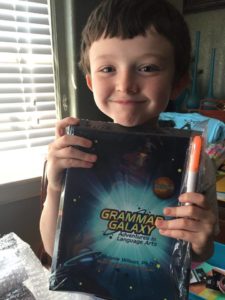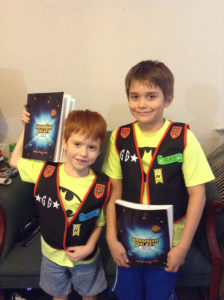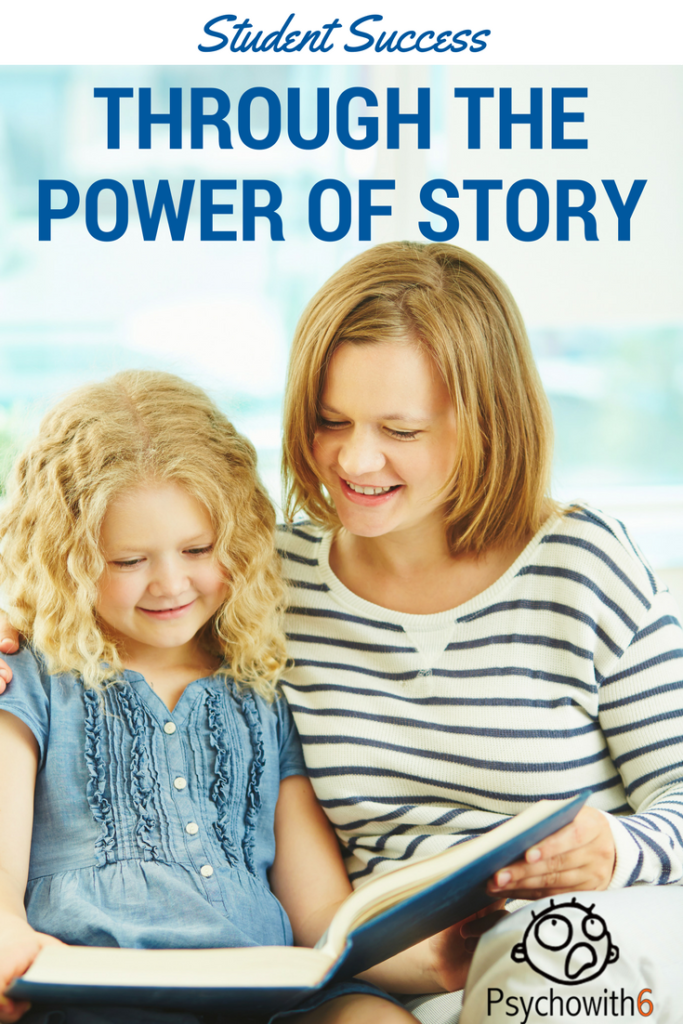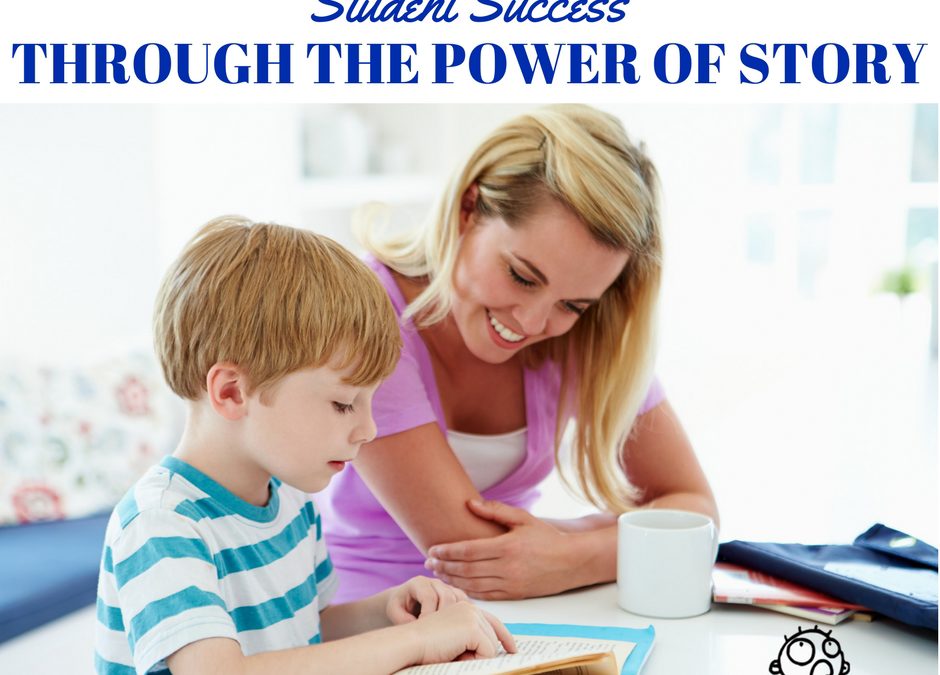
Student Success Through the Power of Story
If your student is struggling, the solution may be in finding the right story to tell.
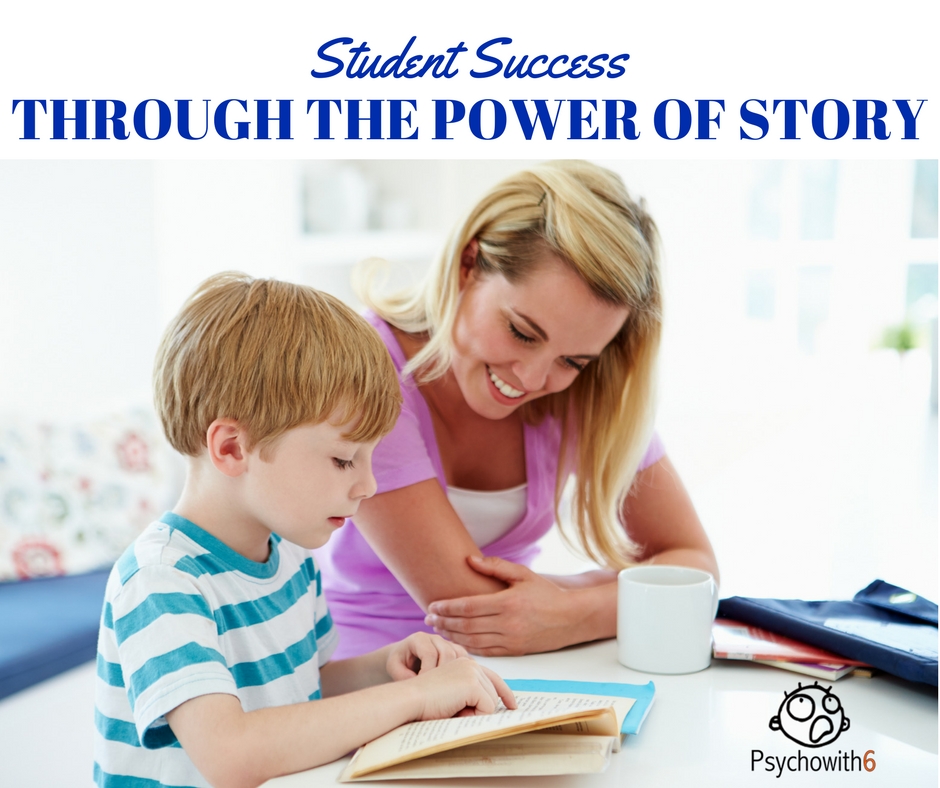
The Power of Story
Storytelling is the first and most powerful way of teaching. The ancient Greeks taught with stories. Jesus taught with stories. Marketers today teach with stories.
Stories arrest our attention when a speaker finally looks up from the script and gets personal. Stories inspire change in people and even whole cultures. Stories are memorable.
Some of the world’s greatest leaders were inspired by the biographical stories of men and women who went before them. Abraham Lincoln read George Washington’s biography. Uncle Tom’s Cabin inspired abolition of slavery. Stories have changed my life.
Years ago, a seminarian told our Bible class the story of a woman he met in South America. She lived in a tin shack near a garbage dump. The shack was filthy and crowded and was in proximity to a river of human waste. The woman had recently come to faith in Christ. But she was also dying. She had excruciating pain in the last stages of pancreatic cancer. The seminarian and his team asked what they could do for her. “Nothing,” she said, “I have Christ. What more do I need?” I was not able to retell this story without weeping for a long time. I have never forgotten it and her faith has never ceased to inspire me in my darkest moments.
My personal stories of wasting my education to homeschool and sending my homeschooled child to public school are two of the most popular posts on this blog. Stories resonate. They also teach.
Stories Teach
I read stories from Mathematicians are People Too to inspire my children to learn math. I then successfully used Times Tales stories to teach my children their multiplication facts. Stories are much easier to remember than plain numbers. When I discovered Life of Fred curriculum, I utilized the power of story to teach my children more advanced mathematics.
I used the power of story to teach my children history. Homeschool history curriculum is often written in story format. But I extended the use of story to teach history with historical novels and biographies.
I even used the stories behind musicians and artwork to teach fine arts.
The Power of Story to Teach Language Arts
But one day a few years ago I realized something shocking. I wasn’t using the power of story to teach my children language arts. I certainly read to them. But literature terms, grammar, vocabulary, spelling, and composition were divorced from story in our homeschool. We learned parts of speech by dissecting meaningless sentences. Even the rhymes and songs I used to aid memorization told no story. How had that happened? I didn’t know, but I knew the results of it.
When I pulled out our English materials, the children groaned, complained, and begged to skip the subject for the day. English was their least favorite subject. As an avid reader and writer who enjoys every aspect of language arts, this broke my heart. That’s when I had a crazy idea. What if I created my own language arts curriculum using story to teach the concepts? I share the story of not feeling qualified to write curriculum here.
I wanted a curriculum that would harness the power of emotion and not just repetition to aid retention. I noticed that the majority of the same grammar concepts are taught from first grade through twelfth grade! No wonder kids hated it. I wanted to tell funny stories that sometimes used language arts terms as characters. Kids couldn’t forget what a prefix was when Prefix was an evil programmer who introduced the re- virus into the computer system.
I wanted a curriculum that gave kids a powerful why. Textbooks merely defined terms and rules. I wanted to use story to show the results of not having books labeled fiction, of not having pronouns, and of not having adequate handwriting speed.
I wanted a curriculum that used story to make kids feel like participants in something bigger than themselves. I wanted them to see that the kids in the story struggled with reading and writing, too. I wanted them to see that by reading and completing short missions, they could defeat the Gremlin and save the English language.
This is what I wanted to accomplish, but I didn’t know the end of the story when I started writing Grammar Galaxy. I had no idea how it would be received.
Then I heard the story of a boy who was very unhappy learning language arts prior to receiving Grammar Galaxy. “He’s never hugged curriculum before,” his mom said.
Another mom wrote, “I really can’t say enough or put into adequate words just how much Grammar Galaxy has changed our entire homeschool experience. Other subjects like History, Science, Health, etc. have become so much easier to teach now that their reading ability and comprehension have improved. They actually ask to dress in their vests [that I made them] the minute they see the mission manuals come out and wish they could work in them every day.”
A mom wrote to tell me she had misplaced the storybook and had to buy another because her eldest was begging to do more missions. She said, “Thank you for your help and your program. You’ve made a subject that I hated as a kid into a weekly lesson through which we ALL giggle.”
Finally, a mother told me they started Mission 8 of Volume 1. “Let me tell you, it’s been fun, but my son lost his mind on this lesson! I have NEVER seen him laugh so hard during any lesson, for any subject since we started homeschooling. When the queen told Ellen, “I hate you” with tears in her eyes, he fell off his chair. He actually begged me to read the story to him again! I laughed equally hard at your instructions to try mixing up synonyms and antonyms at dinner (but to let your parents know what you are doing). Our 5-year-old was so offended when he told me dinner was just terrible! LOL You really did it. You truly made grammar fun. I didn’t think it was possible but you obviously deserve some kind of medal! THANK YOU!”
The second volume of Grammar Galaxy, Protostar, is now available and on sale. It is specifically written for third graders or students who have completed Nebula level or its equivalent. I would love to hear your child’s story of success in using it.


